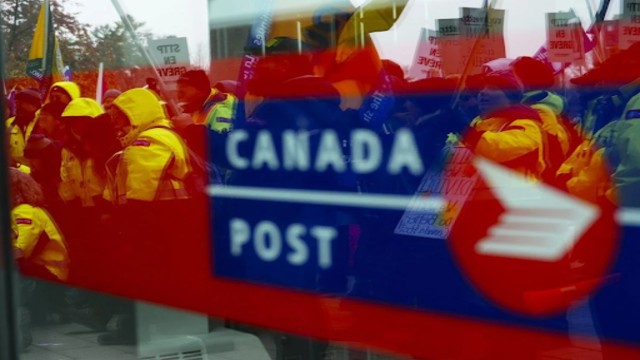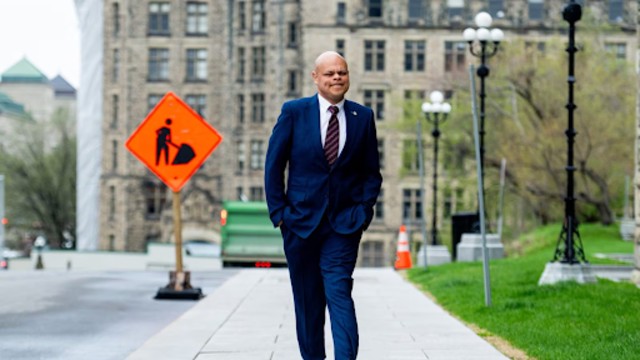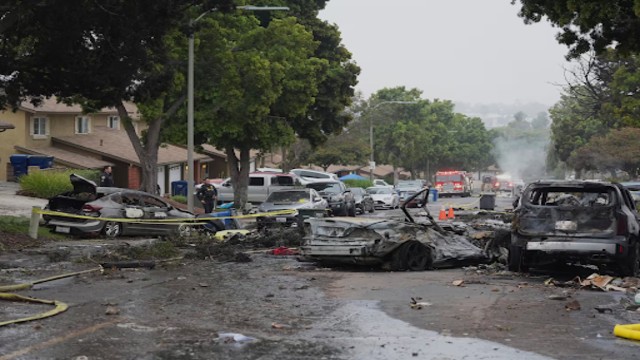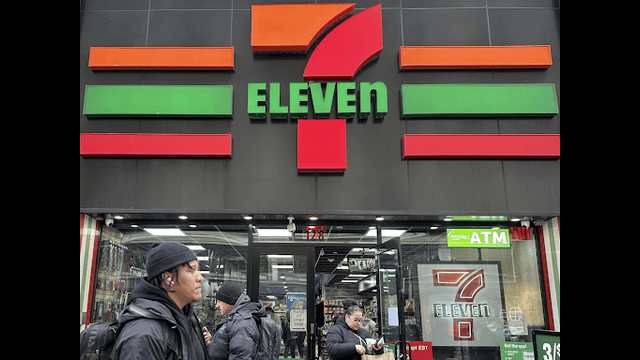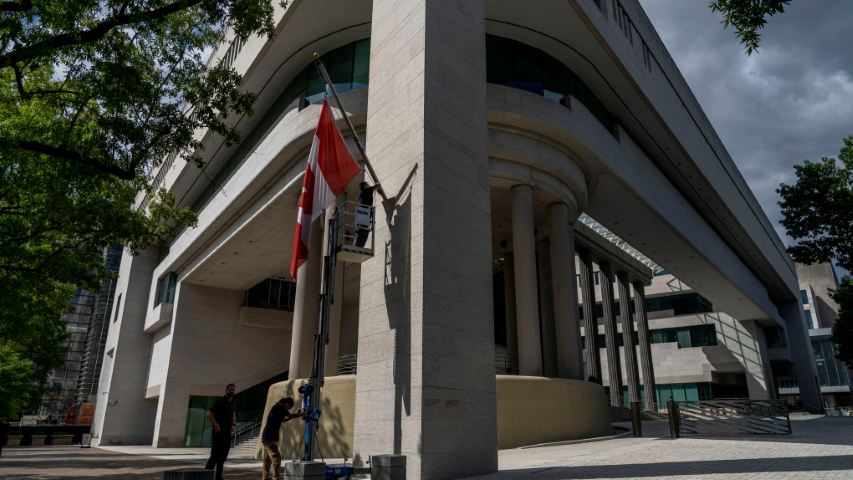
A photograph taken on Thursday, September 8, 2022, shows the Canadian flag displayed at the Canadian Embassy in Washington. The image was captured by Gemunu Amarasinghe and is credited to the Associated Press.
Canadian diplomats serving in the United States are calling for increased compensation, citing heightened risks of gun violence and challenges accessing healthcare. The Professional Association of Foreign Service Officers, led by Pamela Isfeld, contends that Global Affairs Canada's security assessments for U.S. postings are inadequate compared to those for other nations facing similar threats.
Isfeld highlights the misconception that diplomats prefer more exotic assignments, emphasizing the vital Canada-U.S. relationship and the need for top-performing diplomats in American missions. Despite this, there is reportedly limited support for personnel posted south of the border.
The alleged staffing shortfall is attributed to compensation packages that do not adequately reflect the risks and inconveniences of living in the U.S. Isfeld recounts a diplomat's experience in an underfunded city with escalating crime, where hardship levels, incentive packages, and enhanced security budgets are reportedly overlooked.
While U.S. postings offer advantages like proximity to Canadian relatives and spousal employment permissions, safety concerns are growing among diplomats and federal public servants. Isfeld notes an emerging trend where staff from other Canadian government departments are being sent to the U.S. due to a lack of willing foreign-service officers.
Safety issues extend beyond violence, with diplomats facing challenges in accessing healthcare in a country with limited public healthcare. Isfeld cites instances of delays in emergency room treatment and cancer care due to insurance-related issues. The recent transition to a new health-insurance provider by Global Affairs Canada has reportedly exacerbated these challenges.
Former diplomat Roy Norton challenges the idea of additional compensation for U.S. postings, suggesting that the focus should be on rectifying insurance coverage issues. Norton argues that diplomats working in the U.S. engage more with civil society and business leaders, making the experience unique compared to postings in other countries.
While Isfeld refrains from formally designating American cities as hardship postings, Norton warns that increasing compensation for U.S. assignments could face public resistance, given the government's efforts to expand diplomatic presence while reducing the department's budget.
In summary, Canadian diplomats in the U.S. seek improved compensation, expressing concerns about safety and healthcare challenges. The Professional Association of Foreign Service Officers emphasizes the unique nature of U.S. postings but calls for a reassessment of compensation packages to address the specific issues faced by diplomats in America.






